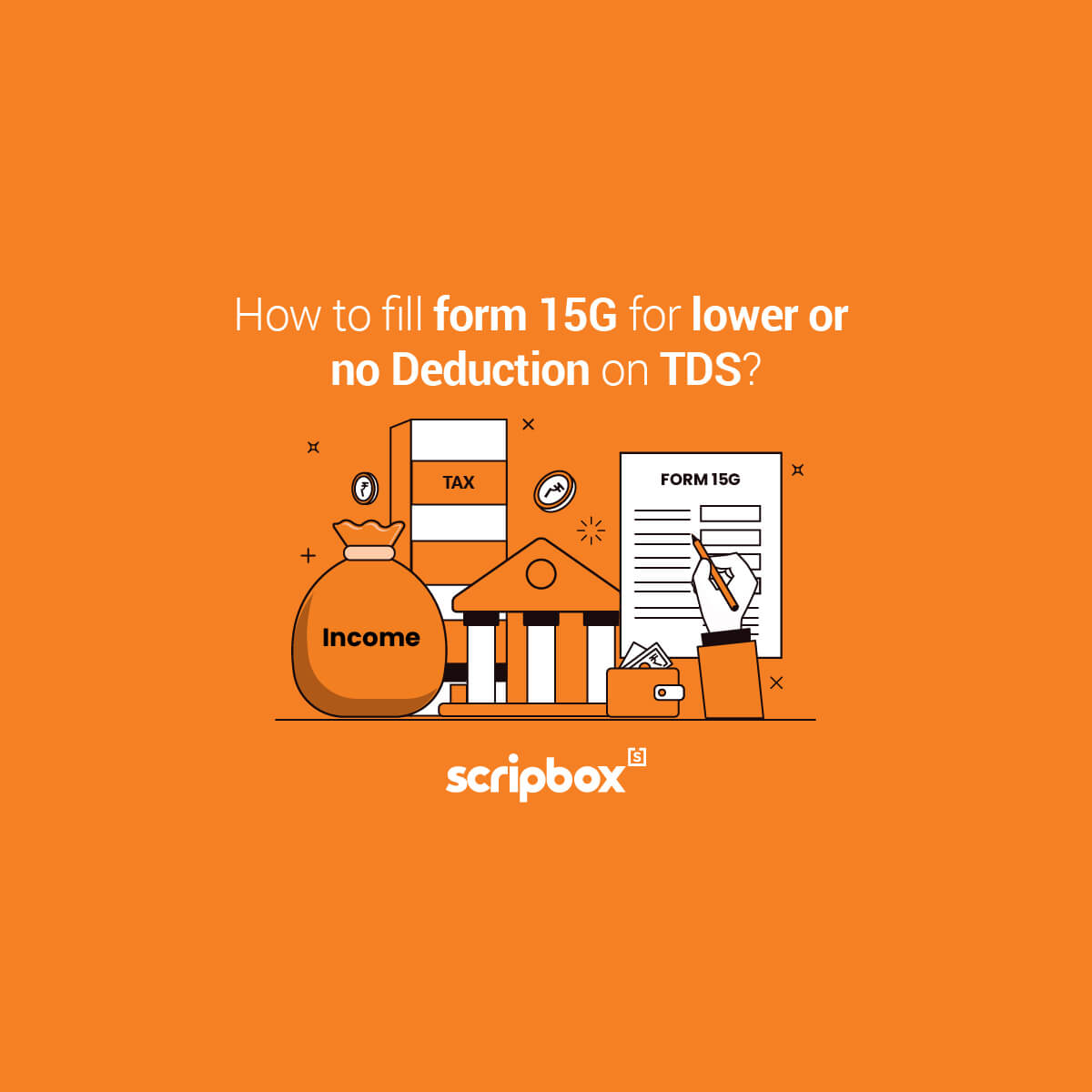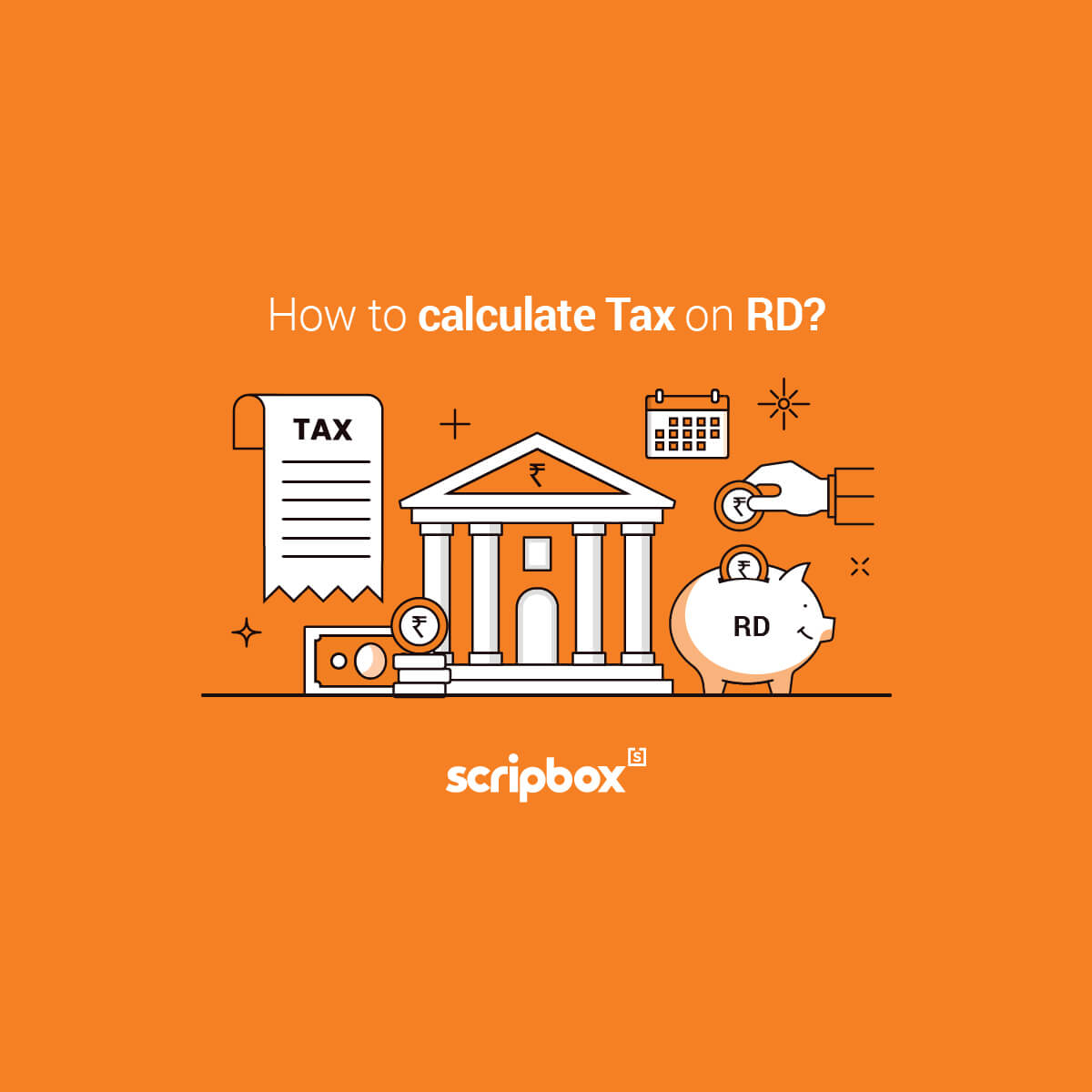This article was first published on livemint.
I am a US resident and gifted money to my parents in India. They invested that in mutual funds in their name. Are there any tax implications for me?
Any amount received as a gift from blood relatives is not taxable in India. Any amount up to $5.6 million given as a gift is not taxable for the giver in the US. If I can assume that you are not likely to breach that limit, there will be no tax implication either on you or your parents for the first transfer.
Your parents can choose to invest this amount anywhere in India. It will not have any tax implication for you in the US. However, your parents will get taxed, according to prevalent Indian laws, for the gains they book through mutual funds. Please note that mutual fund gains are taxed only at the time of redemption in India unlike the USA, where there could be a tax on accrued gains in mutual funds as well.
Can I send $100,000 to my parents in India to invest in a fixed deposit? How much money I will get after 5 years?
Yes, you can send $100,000 to your parents in India through a wire transfer. If you send it to your parent’s bank account in India, it will be accounted for as a gift to parents. The dollars will get converted into rupees at the prevailing exchange rate. The rupee amount can be invested in by your parents in a fixed deposit. Depending on the bank chosen and the age of your parents, you will get returns between 6% and 8% per annum. Returns on FDs are taxed at the marginal income tax rate of the account holder, which goes up to 30% in India.
Let me illustrate using an example. If a 5-year FD from an Indian bank gives 6.75% per annum, and the current exchange rate is ₹68 per dollar, and your parents fall in the 30% income tax slab, you will get a notional maturity value of ₹94 lakh on an investment of ₹68 lakh.
Now let’s understand the tax to be paid on the interest from FD. The bank will deduct 10% TDS (tax deducted at source) on the FD interest accruing every year. This also decreases the benefit from the compounding of interest. The total TDS deducted by a bank would come up to ₹2.59 lakh in 5 years. Since your parents fall in the 30% tax slab, they would also need to pay 20% more income tax (30% minus 10% TDS) separately to the government. This extra tax would total to ₹5.18 lakh in 5 years. After reducing both TDS and other tax to be paid, the net maturity amount of the FD reduces to ₹86 lakh. This effectively reduces the rate of return to 4.84% in rupee terms.
Let’s also look at effective dollar returns from this FD investment. The current difference between 10-year government bond yields of USA and India is 5%. Based on this, we expect the rupee to get devalued at the rate of 5% per annum versus the dollar. If you were to convert the FD maturity amount back to the dollar, it will only become $99,253 with a 5% currency inflation. This means that you stand to lose from this investment in dollar terms.
If your parents don’t have any existing income, they will fall in the 20% tax slab with this FD income. This can improve your effective rate of return by 1%. If your parents are senior citizens, they will earn 0.50% extra interest rate on FD. Also, FD and savings account interest up to ₹50,000 per annum is exempt from income tax for senior citizens in India. This can also push up your effective return by 0.30%. You may take the investment call based on these factors.
Invest in mutual funds with Scripbox.
Similar Pages
- Tax Information Network
- Save Taxes on Sale of Property
- Save Taxes on Health Insurance
- TDS on Rent
- 15 Tips for a Salaried Employee to Save Tax
- Capital Gain Bonds
























Show comments